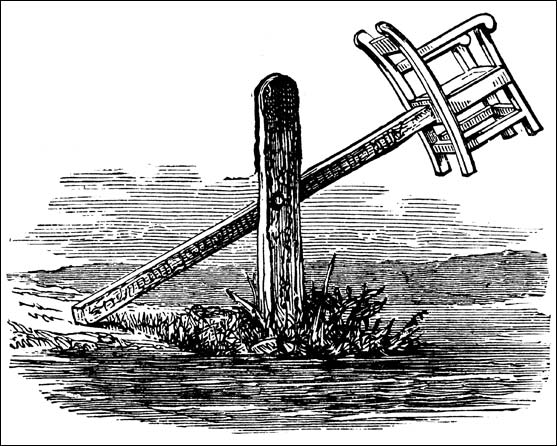
A pond behind the church?
In my experience, no one improves by way of a scolding.
I said, “You’re with the Sunday School conference?” She nodded. Maybe there was a little smile. “What kind of orthodoxy is yours?” I used to live in Jerusalem, where the Greek Orthodox, Russian Orthodox, and Coptic Orthodox priests walked the streets in flowing robes, talking theology. Or maybe just discussing where to go for lunch. It always looked quite august.
“There aren’t different kinds of Orthodox,” she began. Her tone was aggressive, defensive. She began to tell me about her church in Louisville and how people from all kinds of cultures worship there.
It could have been a lovely conversation. When I looked it up later, I found that her church’s website is gorgeous. Why was I shaking, then, after the conversation? Why did it sound like a scolding? I think because it was a scolding. I hadn’t had one in years and years, but I do remember what it feels like. One of the priests walked by as she was finishing me off, and I hoped he might have a word with us to ameliorate the situation, but he practically high-fived her for dressing me down and walked on past.
It’s tempting to be defensive when you are part of a faith community about which people are ignorant, a denomination that is the butt of jokes, one that church members running for office are advised to disavow. I know how that is. When I told one member of my family that I was becoming a UU, she burst into tears and said, “Well, we’ll always love you.”
We have been invited to work on our “elevator speeches” for years. I have done that, even though I have, with mock outrage, told folks from the Northeast that the phrase is culturally parochial, a bit insensitive. Many of us live in towns where there are one or two elevators at most, so what we should be rehearsing is our “grocery store checkout line speech.”
I have my elevator speech. When people ask what Unitarian Universalism is, I say it’s the “one God, no hell” religion. If we have time, I’ll take the two parts of the name and parse them out so they can see that it is a nearly literal translation. I know I sound passionate about it. I know I am in love with this faith, its people, its heritage, its flaws, its fascinating skirmishes at the borders about who is in and who’s out, those conversations where one of the ground rules has to be “Whoever mentions Hitler first loses.”
It’s easy to drift into “scoldy-ness” (sometimes you have to make up a word) when disagreeing. Most churches have overworked Grounds Committee people; passionate Green people; tired Peace people; burned-out volunteers; people whose dream of reverence does not include clapping, or must include clapping, or meditative silence before worship, or classical music only; and ministers. We ministers are often tired, passionate, adamant, burned out, and caught up in our own dream of reverence, and we are in danger of getting scoldy then.
At one point I became curious about our forebears’ custom of dunking scolds. A perennially scoldy person would be strapped to a chair, and, by means of a long wooden lever, the chair was lowered into a pond. “Dunking” sounded pretty benign, like a booth at the church fair, and I began to picture a dunking pond behind every church, far enough from the playground for safety, of course. After some research, though, its appeal faded. Apparently sometimes this punishment was just a wet and muddy humiliation, and other times it was more like waterboarding, nearly drowning the person. All in all, I think a church covenant is probably a better way to go as a method of checking our scoldy nature.
In my experience, no one improves by way of a scolding; fat people don’t get thin, sedentary people don’t get up off the couch, big corporations don’t improve their ethical culture, warring governments don’t suddenly sit down to peace talks. I’ve seen a number of things work in these situations, but it was never a scolding.
Am I scolding right now? I hope not. That would be some cheap irony.
I want our faith to spread far and wide, and it is my hope that whenever anyone asks us about it, we will answer respectfully and kindly. It’s hard. Maybe that lady was shy, and maybe her workshop hadn’t gone well, or maybe the box she had in her arms was too heavy. I’d like us all to try not to scold, but if you do, I’ll always love you.
Illustration (above) William Dwight Whitney, The Century Dictionary: An Encyclopedic Lexicon of the English Language (New York, NY: The Century Co., 1911)/Florida Center for Instructional Technology. See sidebar for links to related resources.
Comments powered by Disqus






